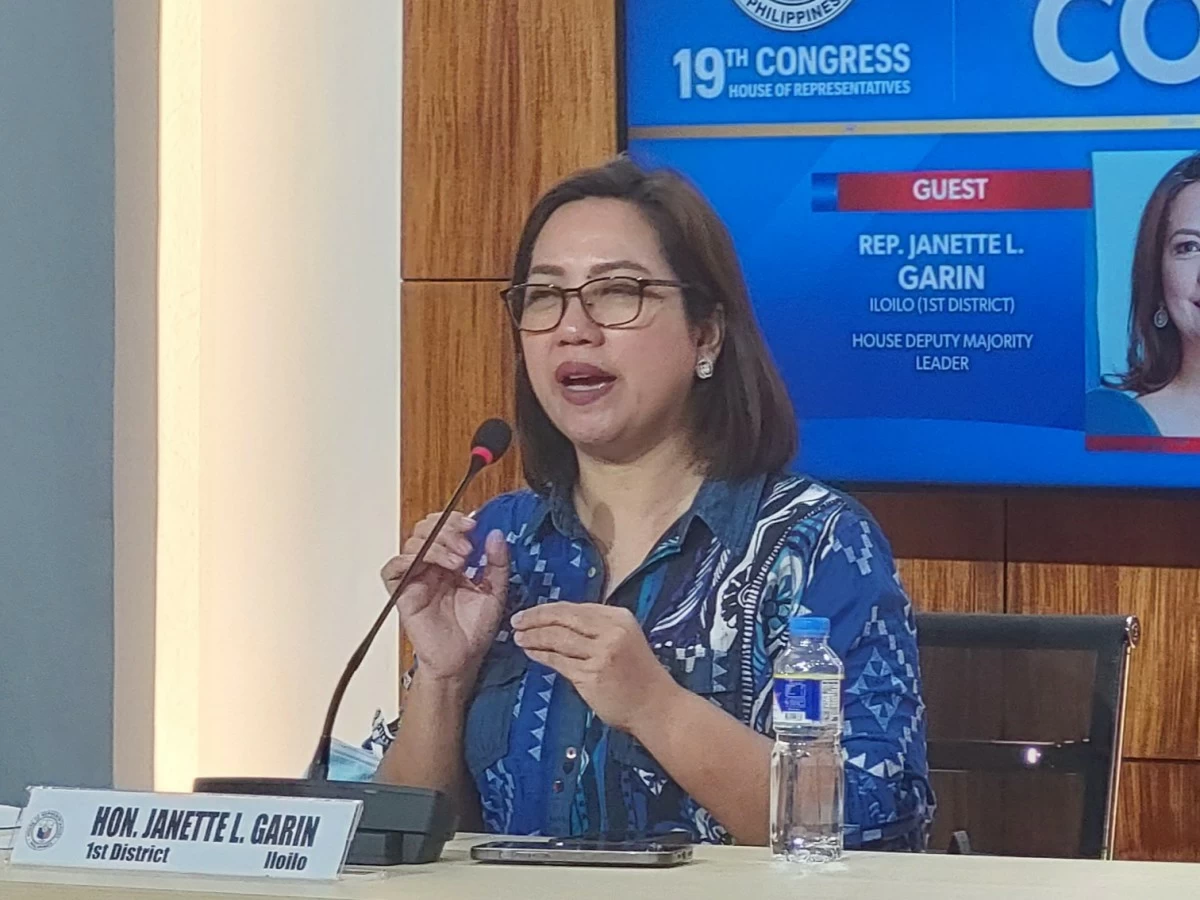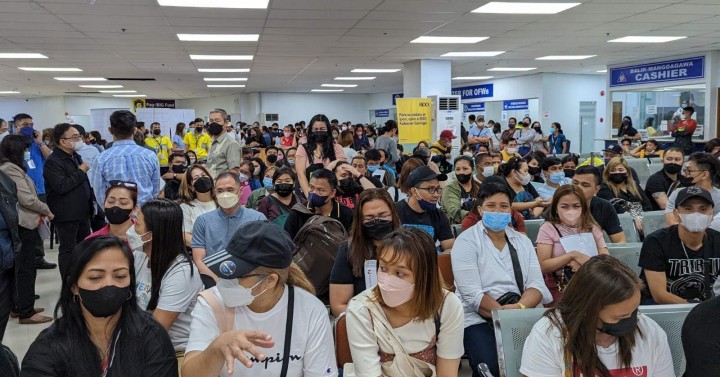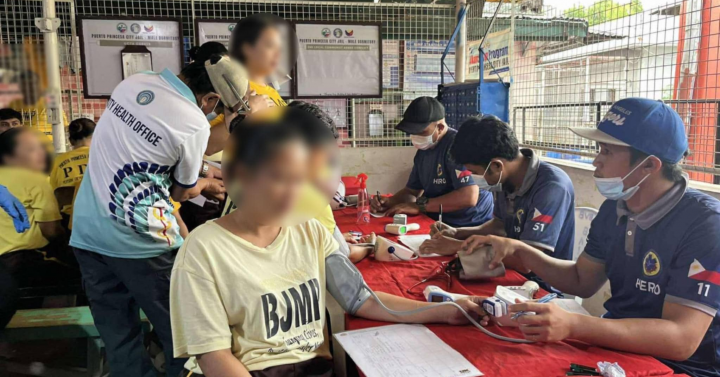Garin Defends 'Bantay Kalusugan' Program: A Vital Investment in Filipino Health

Former Department of Health (DOH) Secretary and Iloilo 1st District Representative Janette Garin remains a staunch advocate for the 'Bantay Kalusugan' program, emphasizing its crucial role in strengthening the Philippines' healthcare system. Despite recent criticisms and debates surrounding its implementation and cost, Garin firmly believes that the program represents a vital investment in the health and well-being of Filipinos.
The 'Bantay Kalusugan' program, a key component of the Universal Health Coverage (UHC) initiative, aims to provide comprehensive primary care services to Filipinos, particularly those in underserved communities. It involves the deployment of healthcare teams equipped with mobile clinics, offering a range of services including health screenings, consultations, and basic medical treatments. The program's goal is to bring healthcare closer to the people, reducing barriers to access and improving overall health outcomes.
Garin, who spearheaded the program's initial development during her tenure as DOH Secretary, highlighted the long-term benefits of proactive healthcare. She argued that preventative care, such as early detection of diseases and health education, can significantly reduce the burden on hospitals and specialized medical facilities, ultimately lowering healthcare costs in the long run. “Investing in primary care is not an expense; it's an investment in a healthier and more productive nation,” Garin stated in a recent interview.
However, the program has faced scrutiny regarding its budget and efficiency. Critics have questioned the cost-effectiveness of mobile clinics and the program's impact on existing healthcare infrastructure. Garin addressed these concerns, acknowledging that continuous improvement and optimization are necessary. She emphasized the importance of data-driven decision-making and regular evaluation to ensure the program's effectiveness and accountability. She suggested exploring partnerships with local government units (LGUs) and private sector organizations to enhance resource mobilization and service delivery.
Furthermore, Garin underscored the importance of empowering healthcare professionals, particularly nurses and midwives, who are at the forefront of the 'Bantay Kalusugan' program. Providing them with adequate training, equipment, and support is essential to ensure the quality of care delivered. She also stressed the need for community engagement and participation in health promotion activities.
The debate surrounding the 'Bantay Kalusugan' program underscores the complexities of implementing universal health coverage in the Philippines. While challenges remain, Garin's unwavering support and advocacy highlight the program's potential to transform healthcare delivery and improve the lives of millions of Filipinos. Moving forward, a collaborative approach involving government agencies, healthcare providers, and communities will be crucial to ensuring the program's success and achieving the goal of a healthier Philippines for all.
The program's continued success hinges on addressing criticisms constructively and adapting to the evolving healthcare landscape. Representative Garin's commitment to advocating for the program signals a dedication to ensuring Filipinos have access to quality, accessible healthcare, regardless of their location or socioeconomic status.






